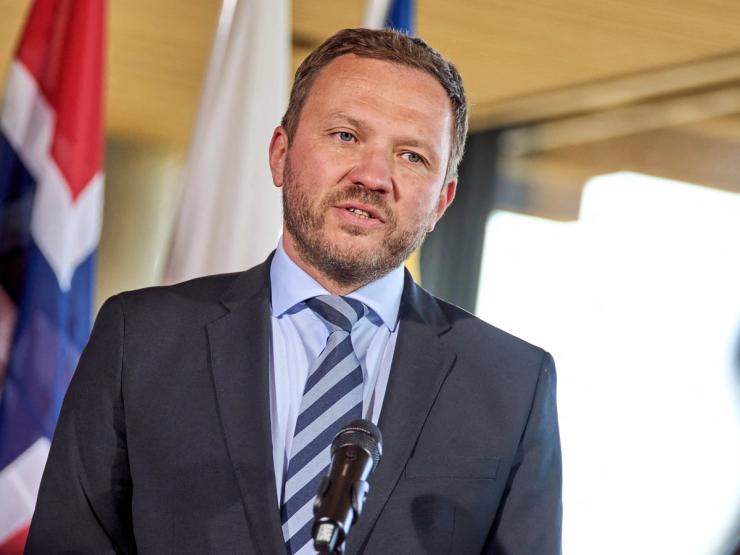The News
Estonia’s foreign minister wants the US and Europe to work together to push Russian President Vladimir Putin “to the corner” after US President Donald Trump’s overtures revealed the Russian leader to be unserious about Ukraine peace talks.
“Trump has offered Putin the way out … and Putin is not ready to take it,” Margus Tsahkna told Semafor in an interview Monday on Capitol Hill, ahead of scheduled meetings with lawmakers in both parties.
Tsahkna called for the US and Europe to ratchet up pressure on Russia in the form of sanctions and to move forward with seizing frozen Russian assets in order to aid Ukraine’s eventual recovery from the war. He cited a bill that Sen. Lindsey Graham, R-S.C., is putting together that would impose stringent new sanctions on Russia and tariffs on countries that purchase Russian energy.
He also expressed concerns about Hungary’s Viktor Orbán potentially vetoing the next European Union renewal of Russia sanctions, suggesting that Trump could put pressure on Orbán to prevent him from doing so.
“Putin understands only the strong position, only the pressure,” Tsahkna said. While he didn’t fault Trump for engaging with Russia, Tsahkna said it’s clear that Putin is “playing with” the US and Europe.
Know More
Among the lawmakers Tsahkna said he will meet while he’s in DC are Sen. Marsha Blackburn, R-Tenn., and former House Speaker Nancy Pelosi. He said he’s prioritized trips to DC instead of Brussels this year because he feels it’s important to “understand the thinking here and the debates,” and to explain to US policymakers what Estonia is doing for European security.
“I’m very often here,” said Tsahkna, who served as Estonia’s defense minister during the beginning of Trump’s first term. “It’s my third or fourth time during the last 110 days.”
Notable
- The EU is moving forward with a plan to end Russian gas imports by the year 2027, Bloomberg reported.
- Estonia, which is among the Baltic states facing increasing pressure from Russia, approved a plan to boost defense spending to 5.4% of its GDP through 2029.


